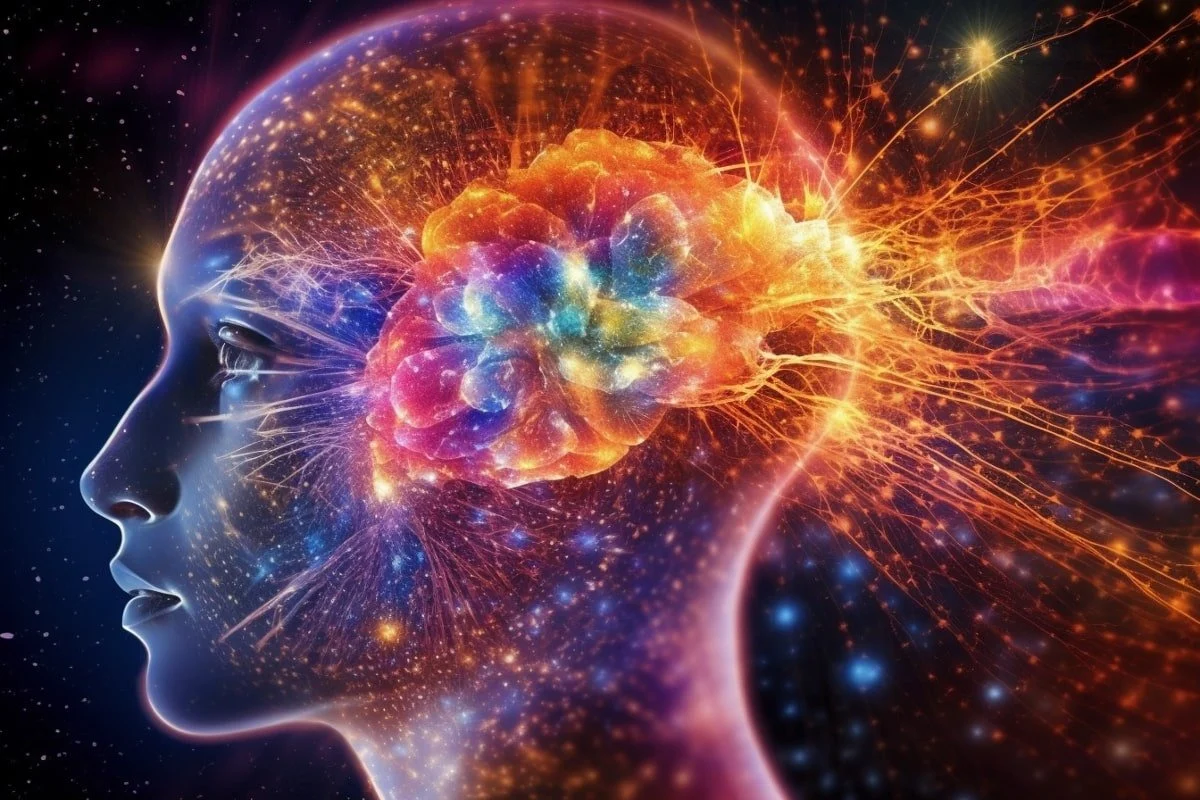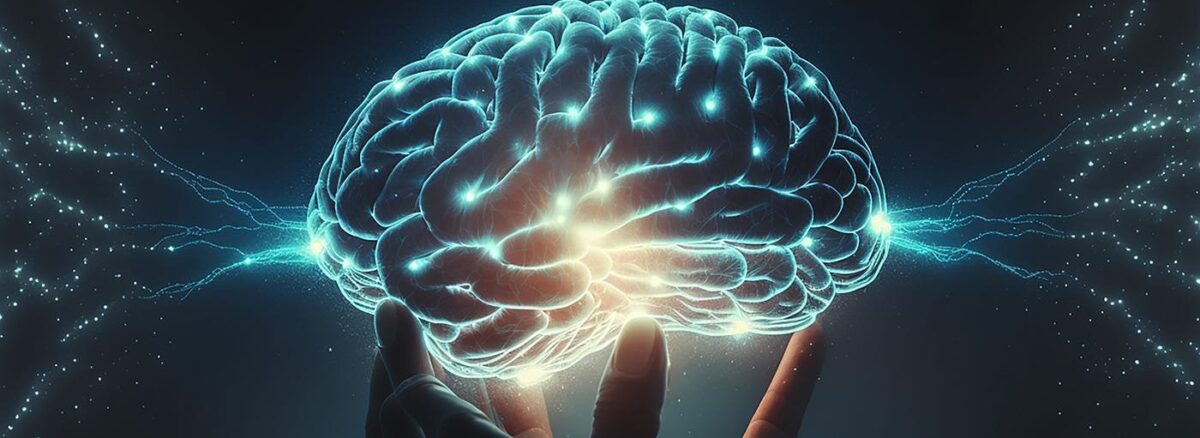
The Role of Brain Plasticity in Mental Health Treatments with a Focus on Ketamine
The brain is an incredibly complex and dynamic organ, capable of changing and adapting throughout our lives. This adaptability, known as brain plasticity or neuroplasticity, is not just a fascinating scientific concept; it’s a crucial element in understanding and treating mental health conditions. Recently, the spotlight has turned to a surprising agent in this arena: ketamine, a drug once known primarily for its anesthetic and dissociative properties.
Understanding Brain Plasticity
Before delving into the specifics of ketamine, it’s essential to understand what brain plasticity is and why it’s so important for mental health. Neuroplasticity refers to the brain’s ability to reorganize itself, both physically and functionally, throughout an individual’s life, in response to new experiences, learning, and various other factors. This ability is what allows us to recover from brain injuries, learn new skills, and adapt to new situations.
In the context of mental health, brain plasticity offers a ray of hope. Many mental health conditions, such as depression, anxiety, and post-traumatic stress disorder (PTSD), have been linked to reduced plasticity in certain parts of the brain. This reduced plasticity can lead to the rigid and negative thought patterns that are characteristic of these illnesses. Thus, enhancing brain plasticity could be key to developing effective treatments.
The Impact of Ketamine on Brain Plasticity
Studies have shown that ketamine can induce rapid and robust changes in brain connectivity and can enhance the growth and development of neural connections. This is particularly significant in the prefrontal cortex and hippocampus, areas of the brain often affected in depression and anxiety disorders.
The effect of ketamine on neuroplasticity offers a potential explanation for its rapid antidepressant actions, which can be observed as quickly as within hours of administration. This is a stark contrast to traditional antidepressants, which usually take weeks to show effects.
Implications for Mental Health Treatment
The influence of ketamine on brain plasticity opens new avenues for the treatment of mental health conditions. Its ability to rapidly enhance plasticity suggests that it could be used not just to alleviate symptoms but also to facilitate more enduring changes in brain function, potentially helping patients break out of the debilitating cycles of negative thinking and emotional distress characteristic of many mental disorders.
Conclusion
The exploration of ketamine and its impact on brain plasticity is a vivid reminder of the complex interplay between our brain’s biology and our mental health. As we continue to unravel the mysteries of the brain, treatments like ketamine offer hope for those suffering from mental health conditions, pointing towards a future where these conditions are not just managed, but effectively treated and possibly even cured. The journey of understanding and utilizing brain plasticity in mental health is just beginning, and it promises to reshape our approach to mental wellness in profound ways.

